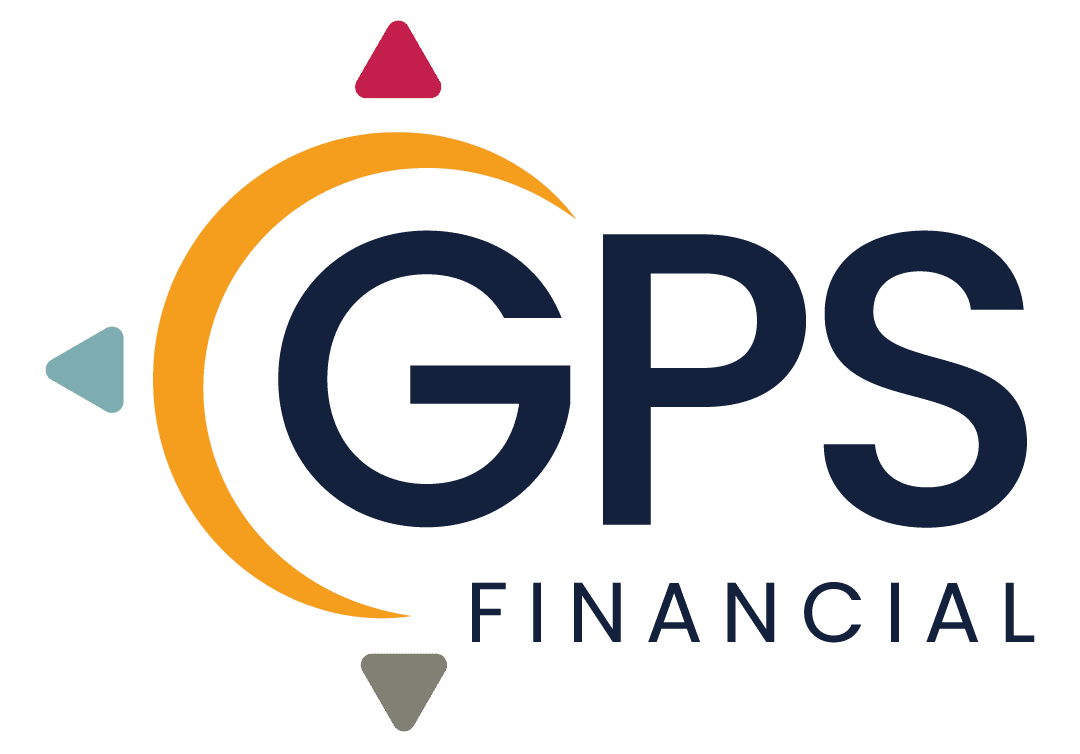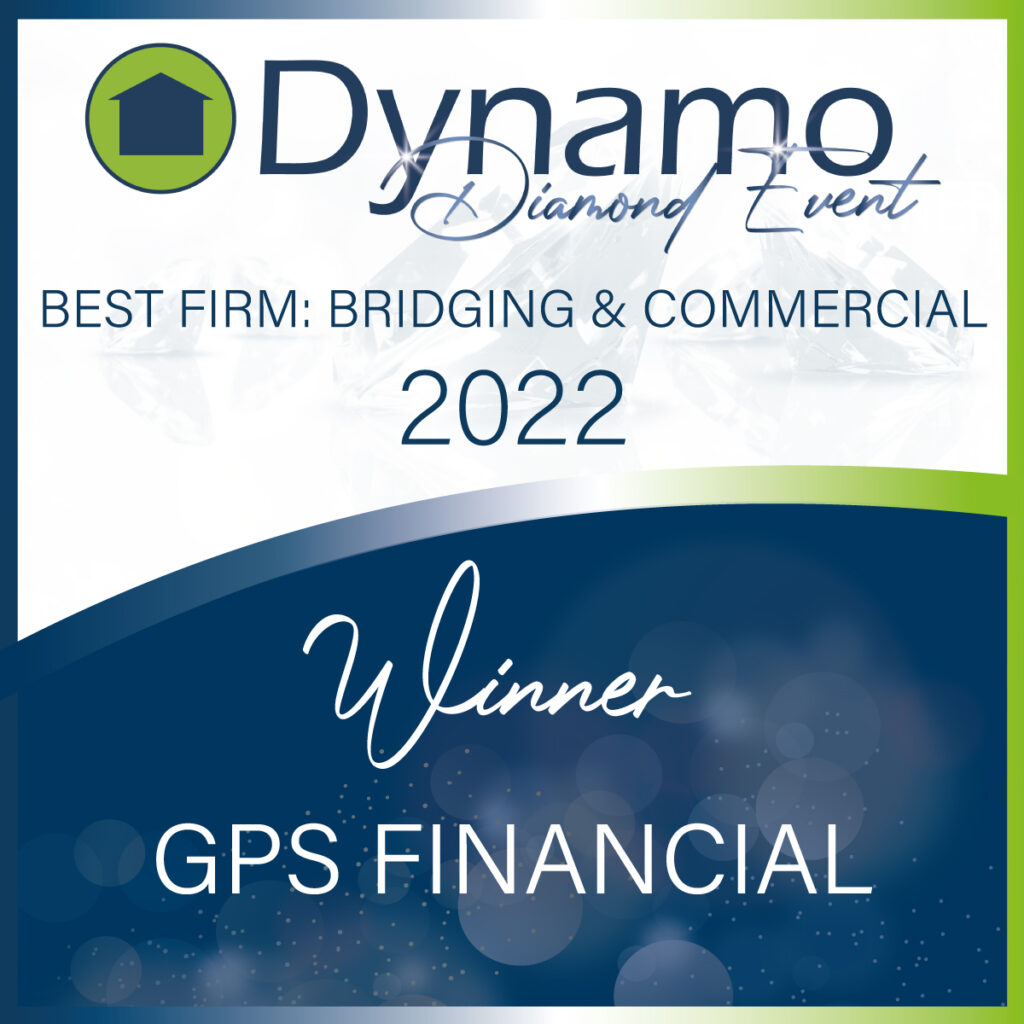Bridging Loans
- Industry leading property finance specialists
- Expert brokers with decades of experience
- Access to the top lenders to get the best value
Get in touch for a free, no-obligation chat with an adviser about how we might be able to help.
Home » Bridging Loans

Morgan Stewart joins the Mortgage and Protection Podcast to talk us through Bridging Loans.
What is a Bridging Loan?
The definition of a bridging loan is short term finance, and it’s used to bridge the gap between getting a long term mortgage and just getting the property ready for a long term mortgage.
What is a Regulated Bridging Loan?
A standard bridge loan is usually used for an investment property or a property that you’re converting or developing, whereas a Regulated Bridging Loan is for chain breaks, as anything that’s regulated is for the house that you intend to live in or are already living in.
Can anybody apply for a Bridging Loan?
Anybody can apply for a bridging loan, but it is a specialist form of finance and is high interest. You need to know what you’re doing as well as how you’re going to repay it.
What can Bridging Loans be used for?
Bridging Loans are used for fast purchases of derelict or substandard properties, which developers are looking to either put back into general stock, refurbish, convert or sell for profit.
You can use Bridging Loans for a variety of circumstances, but generally for property development. For example, if you’re buying a property to convert into multiple flats, you would buy it with some sort of bridging finance to begin with, do the conversion, then move it onto a long term mortgage. If you’re looking at a commercial property for yourself and you need to get that property ready for your business, then you can also use Bridging Loans for that purpose.
If you’re in a part of a big residential housing chain, and want to purchase your dream property, but your sale is taking longer than expected, you can use a Bridging Loan to break that chain and purchase the property quickly.
Speak To An Expert
Giving you peace of mind while you sit back and let us do all the work for you while finding you the best deal for your financial situation.
Can people use a Bridging Loan when they’re buying a house?
In a property purchase situation, the main use for Bridging Loans is to purchase properties at auction. Most auctions have a twenty eight day completion, which means that as soon as the hammer falls, you’ve exchanged contracts and you’re liable to purchase a property within twenty eight days.
Generally, you will not get a Standard Residential Mortgage within that short of a duration. Properties sold at auction are also more likely to have an issue such as damp, or need for a full renovation, meaning that you wouldn’t usually be able to get a mortgage on that property anyway, so again, a Bridging Loan would give you the chance to carry out required renovations until the property is mortgageable.
How does a Bridging Loan work?
It works slightly differently than traditional finance in the way that interest is calculated. Interest is calculated on a monthly, rather than annual basis with a Bridging Loan. There are also two ways that you can pay for the Bridging Loan. The most popular is retained interest, and these are closed Bridging Loans, which have a set period of time, usually nine to twelve months, during which time you’ll be charged around 1% monthly interest. The Bridging Loan provider will deduct the interest from the loan, so at the end of the term, you owe the loan amount, minus the interest. Retained Interest Loans are much faster to arrange because there’s no affordability assessments for them.
There are also Bridging Loans which have no payments due during the term, and when you repay the loan, you repay the interest as well. You can also have service interest, which is similar to a standard mortgage, except with higher interest. You pay the monthly interest every single month as you would a mortgage. They take slightly longer to process because there’s affordability questions, and the lender will make sure that you can afford to pay the interest every month.
Can you have a fixed or variable rate?
No, generally all Bridging Loans are Fixed-rate. It’s usually charged on a monthly basis, so that’s how Bridge loans are quoted. Your interest rate would be a set rate every single month.
How do you go about applying for a Bridging loan?
We are a whole of market brokers, so we deal with a variety of Bridging Lenders. The client can go direct to Bridging Lenders themselves, and a lot of auction houses have lenders in-house. As we work with Bridging Lenders on a daily basis, however, we understand the best lender for each set of circumstances, as all have different criteria, much like Mortgage Lenders.
Some borrowers may prioritise speed and others may prioritise the interest rate. We can find the best lender for your specific needs. The fastest Bridging Loan I’ve set up took six working days from the start to completion.
How long does it take to arrange the Bridging loan?
Some Bridging Loan companies have very low rates, but take a long time to arrange, and some have higher rates, but they will arrange a loan a lot faster.
Speak To An Expert
Giving you peace of mind while you sit back and let us do all the work for you while finding you the best deal for your financial situation.
What are First Charge and Second Charge Bridging Loans?
With First Charge Loans, the lender has the first charge over your property as security. They offer the highest Loan to Value and the best interest rates. Second charge Loans, is where the property already has a loan, but there is some equity available. The Second Charge Lender will therefore sit behind your First Charge Lender, and advance some money out of the equity in your existing property. They will cost you more money than a First Charge Loan.
Cost charges are another option, which is where there are First Charge Lenders and multiple Second Charges on different properties. If you are a portfolio landlord, this can increase the amount of money you can get on day one.
What is the Exit Strategy?
All Bridging Loans will require you to have a viable Exit Strategy in place. A landlord investor, for example, may use an exit strategy of sale of the property or refinancing onto a longer term lender, if you’re going to hold that property in your portfolio.
If I have bad credit, does this affect getting a Bridging Loan?
It’s still possible to arrange bridging finance for people with impaired credit. The main concern would be the Exit Strategy.If you were just flipping the property to sell, there’d be no problem, as you can sell the property to repay the loan and make some money. It’s purely an asset based assessment, not on your personal circumstances.
Are there any alternatives to Bridging Loans?
There’s the potential to use cash, or some lenders have bridge to term products. For example, if you’re converting a property into a house of multiple occupation (HMO), then some lenders will start off with a Bridging Loan, and once the renovation work is done, they transfer you straight over to a term mortgage. That can help to reduce fees.
What costs are involved with a Bridging Loan?
Bridging finance is expensive, but it’s there for a purpose. You’ll have an arrangement fee, which is usually 2%, your monthly interest, which can be anything from 0.6% and 1.25% per month, depending on the lender and the asset. You also have solicitors fees, and you need to make sure that the solicitor you use understands Bridging finance, because the legal work is quite in depth.
There are service fees and broker fees, as well as legal fees. When you’re working out deals, it’s therefore important to account for all your fees and work backwards from your profit to see if this type of finance is feasible.
There are many things that you can use bridging finance for, it’s a very flexible form of finance. If you have any further questions, from the GPS Financial website, navigate to the contact page and get in touch with Morgan or another member of the team. There is a contact form, so just fill out the form online, and somebody will get back to you.
Useful Links
- About Us
- Bridging Loans
- 100% LTV Bridging Loans
- Auction Bridging Finance
- Bridging Loan Locations
- Bridging Loan for Property Development
- Bridging Loan Property Purchase
- Bridging For Refurbishment
- Commercial Bridging Loans
- Regulated Bridging Loan
- Quick Bridging Loans
- Buy-to-Let Mortgages
- Expat Mortgage Broker
- HMO Mortgages
- Mortgages for Expats and Foreign Nationals
- Limited Company Buy-to-Let
- Self-Build Mortgages
- Short Term Lets
- Specialist Mortgages
- Contact Us
Why GPS Financial?






